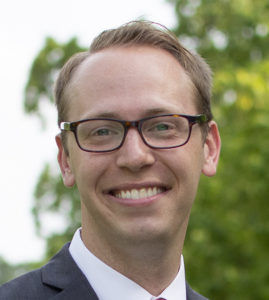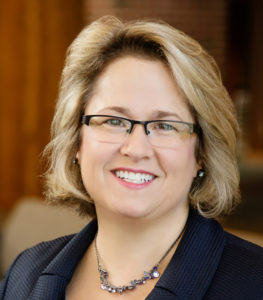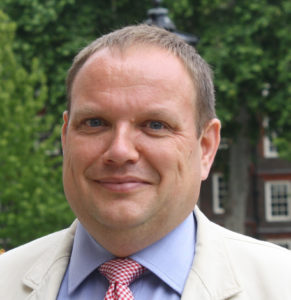Obergefell v. Hodges: Five Years Later

On June 26, 2015 the Supreme Court of the United States issued its momentous opinion in Obergefell v. Hodges. Only a few SCOTUS decisions have provoked such strong debate over the majority’s arguments and its understanding of human dignity or the nature of judicial power. In this blog conversation, American and European legal scholars and lawyers reflect on the postmodern understanding of marriage that inspired the decision and on the consequences of Obergefell for promotion of LGBTI-people’s rights, on religious exemptions, on democracy in the United States, on children’s rights, on the European Court of Human Right’s jurisprudence, and on the search for the compromise between religious freedom and anti-discrimination claims. This variety of reflections, both positive and critical, illustrates how the decision has become an important episode in American and global legal and human rights history. (more…)



